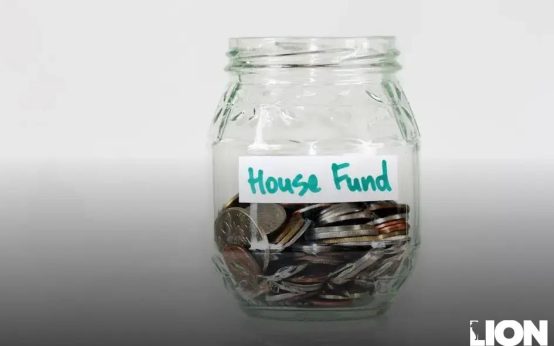From Debt to Freedom: Practical Steps to Eliminate Debt Faster guides you towards financial independence. Understanding your financial situation is crucial. Knowing the amount you owe and the interest rate helps create a structured repayment plan. Our guide reveals practical steps, from budgeting strategies to prioritizing debts. Enjoy insights for a debt-free journey spanning across different financial situations. Unlock the secrets of effective debt management and embrace financial freedom at last!
Understand Your Financial Situation
To effectively tackle your debts, it’s crucial to have a clear picture of your current financial status. Start by listing all your sources of income. Whether it’s your job, side gigs, or any other income stream, knowing how much money you have coming in each month will serve as a foundational step.
Next, compile a comprehensive list of your expenses. This should include both fixed expenses, like rent or mortgage, and variable expenses, such as groceries or utilities. Calculate your monthly total to see what you are spending.
Identify areas where you can cut back. By analyzing your expenses, you might find places where reducing costs is feasible. Consider eating out less or canceling subscriptions you don’t use often.
Evaluate your existing debts. Make a list that covers all your outstanding debts, noting down the total amount owed, interest rates, and minimum monthly payments. This process will help you grasp your overall financial obligation and prioritize your debts.
Utilize financial tools or apps to automate and track your financial activities. These tools can provide insights into spending patterns, helping to streamline your finance management.
Explore interest rates and terms associated with each debt. By understanding these details, you can decide which debts to tackle first, usually prioritizing those with higher interest rates to minimize overall costs.
Lastly, consider seeking advice from a financial advisor if your situation is complex. They can offer personalized guidance tailored to your financial circumstances.
Create a Debt Repayment Plan

Establishing a debt repayment plan can transform your financial burdens into manageable tasks. Begin by listing all your debts, including credit cards, loans, and any other financial obligations. Note each debt’s total amount, interest rates, and minimum monthly payments. Prioritize them based on interest rates or the balance amounts. For some, tackling high-interest debts first can save money over time, known as the ‘avalanche method’. Others may prefer the ‘snowball method’, which focuses on paying off smaller debts first to gain momentum.
Once you have prioritized, strategize how much extra money you can pour into your repayment plan each month. Consider building an emergency fund alongside your repayment plan, so unforeseen expenses don’t derail your progress. Moreover, stick to your budget by cutting unnecessary expenses. You might find subscription services or frequent dining outs are areas where you can save.
Discuss your situation with creditors, as they may offer lower interest rates or extended payment terms. This could ease your monthly burden and make your repayment journey smoother. Explore refinancing options for loans if interest rates have decreased since you acquired them.
Utilize tools like apps or spreadsheets to track your payments and remaining balances. Regularly review your progress to stay motivated and make adjustments when necessary. Finally, celebrate small victories as you eliminate debts one by one. Remember, having a structured repayment approach is your ladder out of debt, inching you closer to financial freedom.


 The Psychology of Money: Uncover Why Emotions Drive Spending
The Psychology of Money: Uncover Why Emotions Drive Spending  Investing in the Age of AI: Discover New Opportunities
Investing in the Age of AI: Discover New Opportunities  Women Are Taking Over the Finance Game: A New Trend
Women Are Taking Over the Finance Game: A New Trend